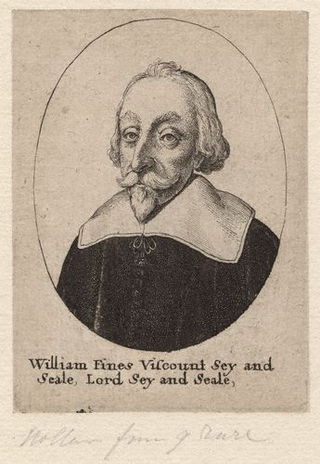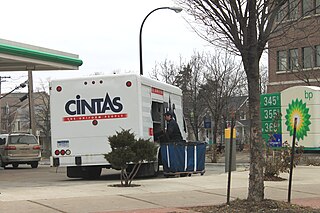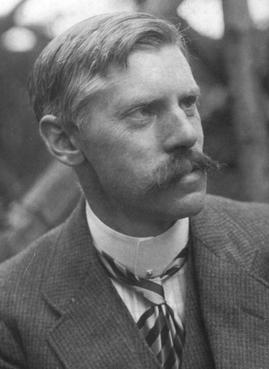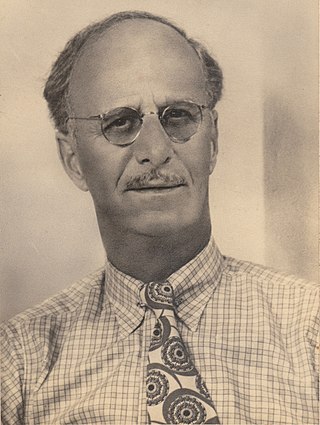Gallery
- Later 19th-century drawing of the Bristol factory of Wathen Gardiner & Co
- Fred Farnsworth, an employee, accompanying Queen Mary of Teck on a visit during WWII
| Company type | Subsidiary |
|---|---|
| Industry | Personal Protective Equipment |
| Founded | 1961 |
| Founder | Patrick Seager Hill |
| Headquarters | , United Kingdom |
Area served | Worldwide |
| Products | Fire & Rescue uniforms |
| Parent | MSA Safety |
| Website | MSA Bristol |
Bristol Uniforms is a British clothing company that specializes in the manufacture of modern-day safety and fire protective clothing.
Wathen Gardiner & Co, the parent company of Bristol Uniforms, was founded as Gardiner & Sons in the city of Bristol, England in 1801 by John Gardiner, who served in 1819 and 1824 as High Sheriff of Bristol. The firm operated initially as a wholesale clothing company that exported women’s clothing to the West Indies. When Bristol in the 19th century was considered a major player in the clothing industry, Wathen Gardiner & Co was reputed to be one of the oldest operating companies in the city. [1] [2]
Charles Wathen in 1862 joined the firm, and created a partnership in 1865 with John Gardiner's son, Henry Gardiner. The company name subsequently became Wathen Gardiner & Co. It grew and expanded its reach outside of Britain by exporting clothing to Latin America, Australia and New Zealand, often returning with wool that was used to make more clothing. Wathen retired in 1887 from the business and went on to become a six times Mayor of Bristol, being knighted in 1889 for his accomplishments. His business partner William Hill took over the company and served as the principal proprietor until the mid 1920s when he retired, being succeeded by his son William John Hill who took over ownership of the company. [3] [4] [5]
Wathen Gardiner & Co under the stewardship of the Hill family made uniforms in both world wars for the armed forces, and started after the Second World War to supply uniforms to other organizations, including HM Customs and Excise, hospitals and water boards. When William John Hill retired in 1964 as principal proprietor, uniforms represented a major part of the company business. [6] [2]
Bristol Uniforms was incorporated on 15 November 1961 as a subsidiary of Wathen Gardner & Co, under the stewardship of William John Hill's son Patrick Seager Hill, who in 1965 became the sole proprietor & managing director. The company ultimately specialized in the manufacture of fire proximity suits, and fire protective and safety clothing for the Royal Air Force, the offshore oil industry, and fire brigades. Wathen Gardiner & Co and Bristol Uniforms remained separate companies until Wathen Gardiner & Co dropped their name, and merged with Bristol Uniforms, which still trades today. [7] [2] [8]
As of February 22nd 2022, the company is now a subsidiary of MSA Safety.

William Fiennes, 1st Viscount Saye and Sele was an English nobleman and politician. He was a leading critic of Charles I's rule during the 1620s and 1630s. He was known also for his involvement in several companies for setting up overseas colonies.

Cintas Corporation is an American corporation headquartered in Mason, Ohio which provides a range of products and services to businesses including uniforms, mats, mops, cleaning and restroom supplies, first aid and safety products, fire extinguishers and testing, and safety courses. Cintas is a publicly held company traded on the Nasdaq Global Select Market under the symbol CTAS and is a component of the Standard & Poor's 500 Index.

In the Middle Ages or 16th and 17th centuries, a cloth merchant was one who owned or ran a cloth manufacturing or wholesale import or export business. A cloth merchant might additionally own a number of draper's shops. Cloth was extremely expensive and cloth merchants were often very wealthy. A number of Europe's leading banking dynasties such as Medici and Berenberg built their original fortunes as cloth merchants.
Rubery Owen is a British engineering company which was founded in 1884 in Darlaston, West Midlands.

A fire proximity suit is a suit designed to protect a firefighter or volcanologist from extremely high temperatures. They were first designed and used in the 1930s. Originally made of asbestos fabric, current models use vacuum-deposited aluminized materials.
John Lysaght and Co. was an iron and steel company established in Bristol, England, and with later operations in Wolverhampton, Newport, and Scunthorpe. The company was acquired by GKN in 1920.

Created by William Valentine Wright in 1860, Wright's Coal Tar Soap is a British brand of antiseptic soap designed to thoroughly cleanse the skin. It is an orange colour.

Hart Schaffner Marx is an American manufacturer of ready-to-wear menswear owned by New York City–based Authentic Brands Group. With origins dating to a family business in 1872 Chicago and incorporated in 1911 as "Hart Schaffner & Marx", the company is now located in Des Plaines, Illinois.

G&K Services, Inc. was an American company based in Minnetonka, Minnesota, which provided branded identity uniforms and facility products and services for rent and purchase. G&K Services' branded clothing and facility services programs provided rental-lease or purchase options through its direct sale programs (GKDirect). On March 21, 2017, the company was acquired by Cintas for approximately $2.2 billion.
H.H. & S. Budgett was a leading wholesale grocer covering South-West England, South Wales and the London area. It began about 1820 when Samuel Budgett became in turn: apprentice, journeyman and partner to his half-brother Henry Hill Budgett in the latter's small shop in Kingswood, Bristol. Samuel had a passion for trading. He introduced the practice of buying in bulk and delivering to other small shops like his own. This grew rapidly so that, at the time of his death in 1851, Samuel was giving away £2,000 per annum out of his share of the profits and the company had customers from Birmingham to Penzance. His descendants and non-family partners continued to manage the business well and it flourished for over a century.
Ansell Limited is an Australian company which makes gloves and other personal protection equipment, primarily from latex and rubber. The products are designed for healthcare professionals, industrial workers, and end consumers.

Alfred Dunhill was an English tobacconist, entrepreneur and inventor. He is the progenitor of Alfred Dunhill, Ltd. a London-based luxury goods company owned by Swiss company Richemont and the Dunhill tobacco products company owned by British American Tobacco.
D. & J. Fowler Ltd. was a wholesale grocery company in Adelaide, South Australia. It was founded as a retail establishment by David Fowler in 1854, before becoming a leading wholesale and indenting firm in the colony of South Australia. They were the creators and owners of the well-known Lion brand, which included confectionery, flour, coffee, canned fruit and other goods; "Lion" brand flour endures, under different ownership, today. The firm's interests and holdings were extensive, including the Adelaide Milling Company, Adelaide Bottle Company (1912), the Robur Tea Company (1928), and others.
D. & W. Murray was a drapers shop in Adelaide founded by brothers David Murray and William Mackintosh Murray, which became the wholesale draper D. & W. Murray Limited, with warehouses in three States, then Goode, Durrant & Murray second in importance only to G. & R. Wills.
Patrick Seager Hill, T.D. was a British clothing manufacturer, who was a pioneer and developer of safety and fire protective clothing.

Sir Charles Wathen was a prominent Victorian wool merchant who from 1865 to 1887 ran the well-known British clothing firm of Wathen Gardiner & Co, and served six times as Mayor of Bristol.

Bertram Charles Hill was a British-born architect who made his home in Dallas, Texas, and helped design many of the most famous buildings in the city.

Henry Overton Wills I was a British merchant who founded the firm of W.D. & H.O. Wills in Bristol, England, which eventually became one of the largest tobacco companies in late 19th-century Britain, and later became the largest constituent part of Imperial Tobacco. The 1966 Guinness Book of Records named the Wills family, descended from him, as containing the largest number of millionaires in the British Isles, of which 14 left estates in excess of one million pounds since 1910, totalling 55 million, of which 27 million was paid in death duties. Wills is said to have been a non-smoker, despite the fact that he is regarded as one of the founders of the British tobacco industry.

The Clay Cross Company was founded as George Stephenson and Co. in 1837 by the railway pioneer, George Stephenson. The company established coal mines, ironworks, brickworks and pipe factories at Clay Cross near Chesterfield. The company was closed in 1998.

Henry John Gardiner,, was an English businessman who made an immense fortune in the clothing industry, as chairman of various drapery warehousing and wholesale firms, and other business investments. His life was relatively uneventful, and he divided his time between his business affairs in London and shooting in the Hampshire countryside. He had two sons who profited from his enormous wealth, H. Balfour Gardiner, composer and patron of British classical music, and Sir Alan H. Gardiner, a renowned Egyptologist who was present at the discovery of Tutankhamen's tomb in 1922.